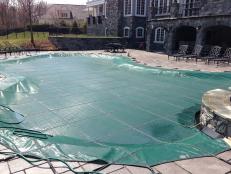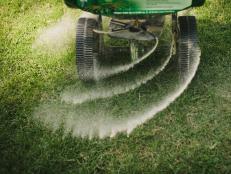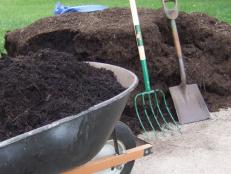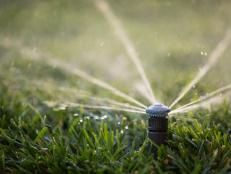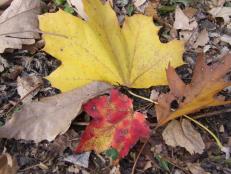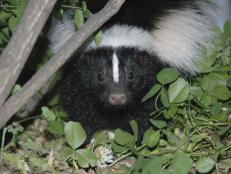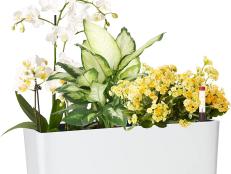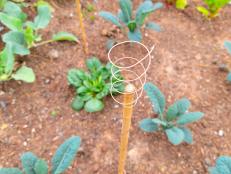November Gardening Tasks
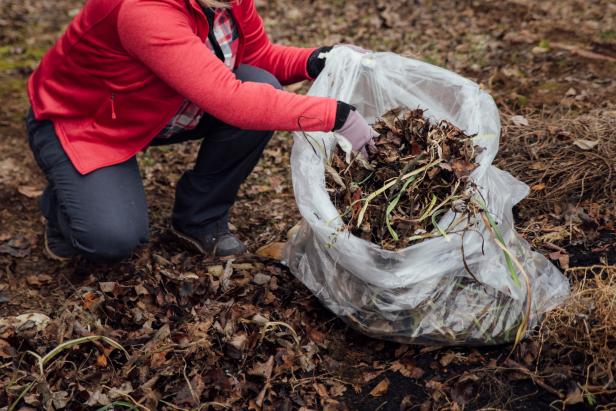
Andy Vinson, Loch & Key Productions

Autumn is almost past and winter is just around the corner, but that doesn't mean your gardening work is done. If you plan to have a spring garden, you should spend some time this month preparing for the next growing season. Here are some maintenance tasks that need to be completed before the arrival of cold weather and freezing temperatures.
Garden Clean-Up
Pull up all annuals that have died back, cut back your perennials and remove all fallen leaves from the area to use as mulch. Too many leaves can retain water that could lead to root rot in your perennials and also attract pests.
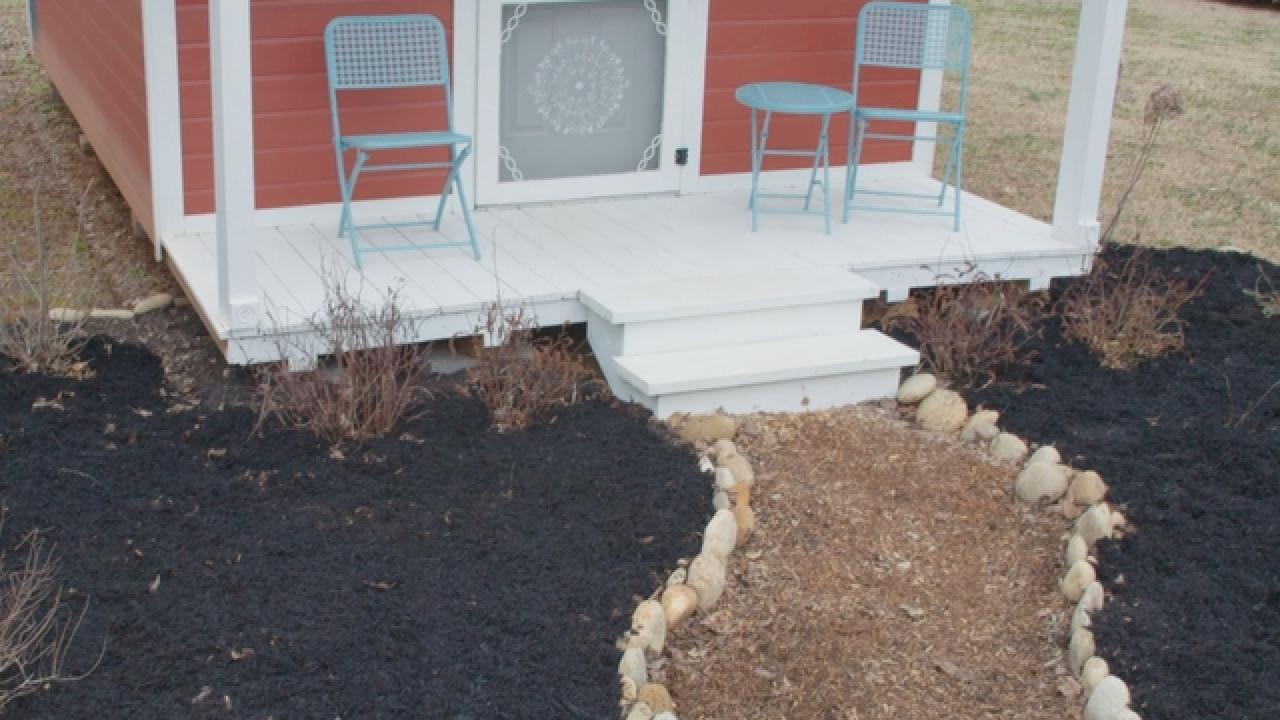
Save Seeds
Retain the seeds of all the vegetables and flowers you want to keep in your garden for the next growing season. Avoid exposing them to moisture and keep them in a dry, air tight container (stored in a dark, cool place) until you are ready to plant them.
Compost
Rake up all dead plant material, cuttings, twigs, weeds, and leaves and compost them. Any diseased or infested plant matter should be separated from the rest and disposed of as trash.
Last Chance to Water and Fertilize
Make sure to water and fertilize any perennials in your garden before the first freeze. The cutoff date is usually before Thanksgiving for most climate zones.
Soil Enrichment
If your soil is hard and compacted or you just need to supplement your existing top soil, cover your garden with a layer of compost and turn the earth over. This will add nutrients back into the ground and improve the soil structure. If you need to correct the acidity of your soil by adding limestone, this is the time to do it.
Preserve Tender Bulbs and Roots
November is an ideal time to lift up the dahlia, cannas and begonia tubers in your garden to store indoors during the winter. The best time to dig them up is usually after the first frost. This is also a good time to dig up and divide overgrown clumps of herbaceous perennials and replant them while the soil is still warm. The thinning process will improve the health and appearance of your herbaceous perennials.
Grow Cover Crops
Cover crops like rye grass and crimson clover will help suppress weeds, prevent erosion and become rich soil conditioners when they die back in freezing weather. If they don't die back, you can simply cut down the crop and till it under the ground before planting your new spring garden a few weeks before planting season. Cover crops are also recommended for attracting beneficial insects into your garden which help control unwanted pests.
Winter Protection
Protect any vulnerable perennials in your garden from severe winter weather by applying a layer of straw over them. You can also wrap them with burlap and paper or build cold frames to protect them. Mulching with wood chips or pine straw is also a good defense.






